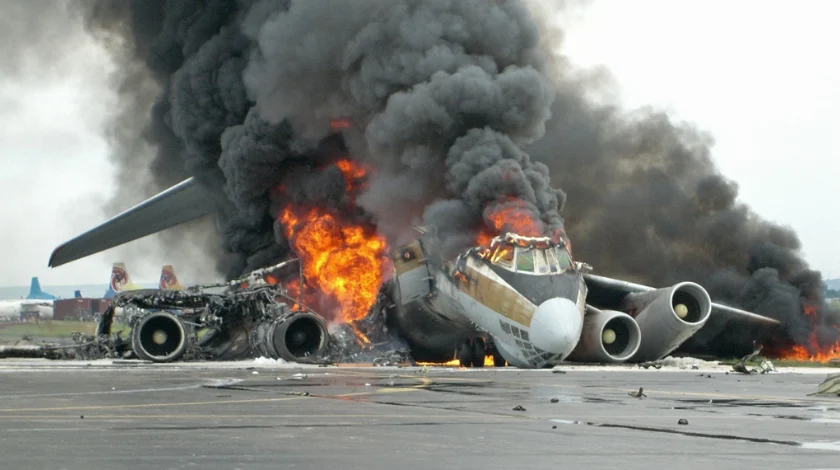Heart breaking news:Few minutes ago NARSCA key player died in a plane crash and…..

I’m terribly sorry to hear about the tragic news of NARSCA’s key player passing away in a plane crash.
Such events are deeply distressing and impactful, not just for the immediate community involved but also for everyone connected to them.
The sudden loss of someone who played a significant role in an organization like NARSCA can leave a profound void, both professionally and personally.
In moments like these, it’s important to reflect on the contributions and legacy of the individual.
Their dedication, expertise, and passion likely influenced many within their field and beyond, shaping the trajectory of projects and initiatives.
The loss will undoubtedly be felt across the organization, affecting colleagues, partners, and stakeholders who valued their leadership and insights.
For those closest to them, the shock and grief may be overwhelming.
Coping with such unexpected news requires support, understanding, and time to process. It’s a reminder of the fragility of life and the unpredictability of circumstances.
Organizations like NARSCA may also face challenges in navigating the aftermath of such a loss.
Beyond the emotional impact, there are practical considerations such as succession planning and maintaining continuity in ongoing projects.
The resilience of the team and the broader community will be tested during this difficult period.
In the face of tragedy, people often come together to honor the memory of the departed and to support each other through shared grief. It’s a time for compassion, solidarity, and remembrance.
As more details emerge about the incident, it may offer some clarity, but it will not lessen the sorrow felt by those who knew and respected the individual.
Their contributions leave a lasting imprint, and their absence will be deeply felt.
In times like these, it’s important to cherish the moments we have with loved ones and colleagues, and to honor the legacies of those who have left us too soon.
The impact of their work lives on, a testament to their dedication and passion.












